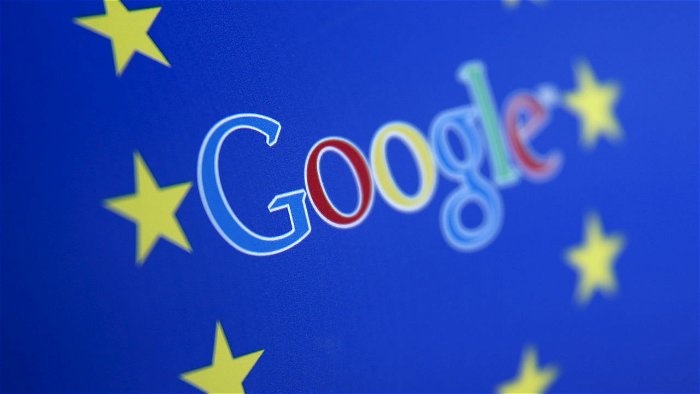Google is changing how they target consumers for advertisements with the new Federated Learning of Cohorts technology. With some negative repercussions, is it something you need to worry about?
Technology is an ever-changing apparatus, and Google’s newest idea in how to connect consumers with advertisers has some worried about the future of online privacy and security. Called FLoC, or Federated Learning of Cohorts, it gives advertisers a way of targeting ads without exposing details on individual users by grouping people with similar interests together.
Whether you’re a tech savvy purchaser, a video game player, or something as simple as you like cookies, you can be grouped in with similarly interested consumers and sold off in droves for advertising, but the idea behind it would be to limit the actual hard information those advertisers have on you individually.

“We started with the idea that groups of people with common interests could replace individual identifiers,” said Chetna Bindra via Google’s blog. “This approach effectively hides individuals ‘in the crowd’ and uses on-device processing to keep a person’s web history private on the browser.”
A Google-led initiative known as the Privacy Sandbox, allows websites to request certain information about users while keeping it within the generated algorithm. This set of ideas presented by Google would look to replace the current method, everyone’s favorite first step in entering a new website—cookies.
Google’s argument is that cookie-tracking is becoming more and more invasive, and while Google would like to move to FLoC by 2022, they are being met with resistance from the Electronic Frontier Foundation and others. “The technology will avoid the privacy risks of third-party cookies, but it will create new ones in the process,” says Bennett Cyphers of the EFF “It may also exacerbate many of the worst non-privacy problems with behavioral ads, including discrimination and predatory targeting.”
While players like the EFF are pushing against targeted advertising altogether, many of the largest tech companies agree that third-party cookie tracking is bad, but are unsure what the best replacement would be. While Google, Facebook, and Apple make attempts on their own, many others are waiting at the sidelines to see how this all plays out.




